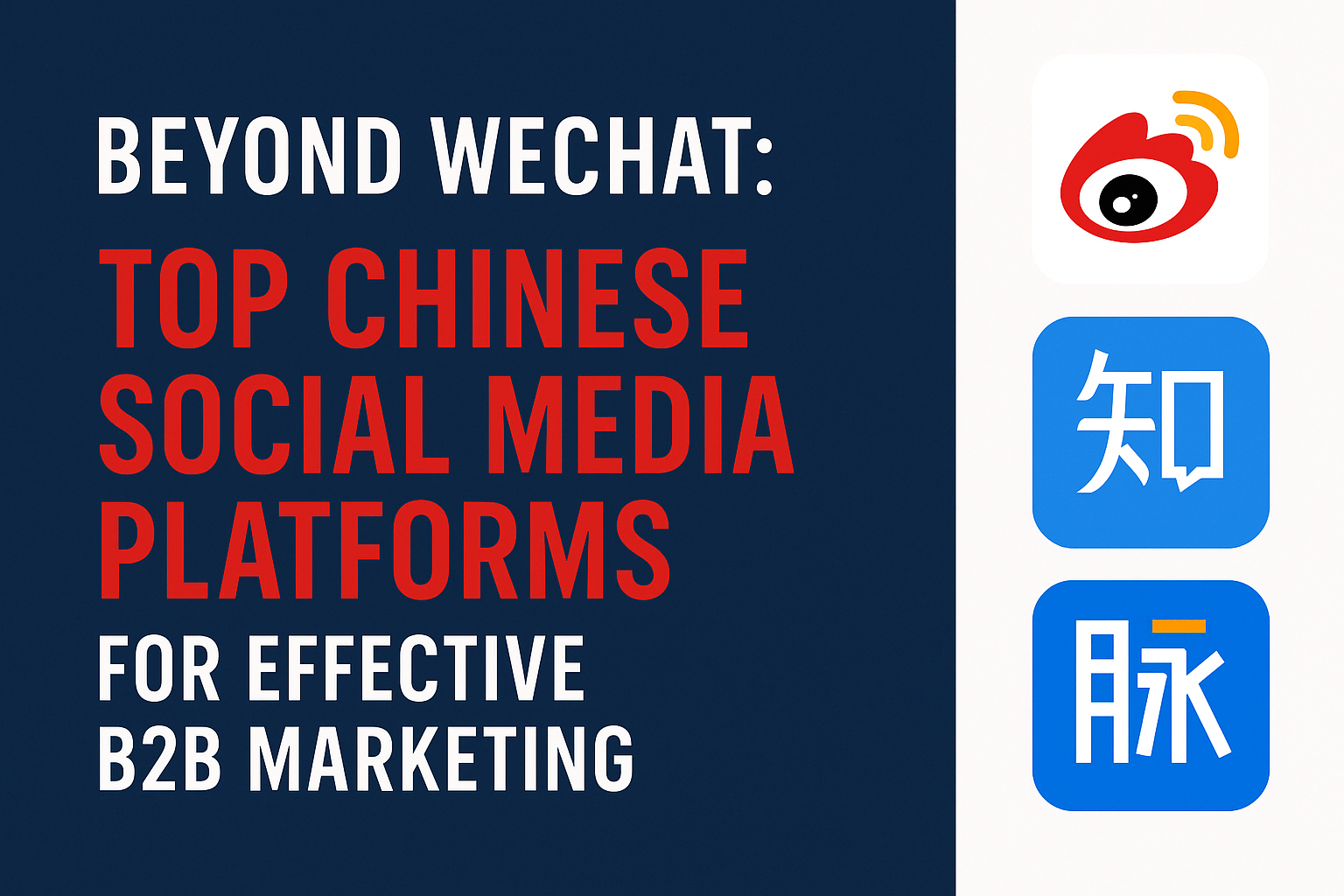1. TikTok’s Chinese sibling, Douyin, has established an independent entrance for its one-hour delivery service within the “marketplace” channel on its homepage
- To compete with industry giant Meituan, the short video platform is increasingly concentrating on local life services.
- According to information provided by Douyin in May, sales from this channel are expected to account for more than 30% of all revenue in 2022.
- In August 2022, Shenzhen saw the launch of the quicker on-demand delivery service, which is now available in about 15 domestic cities, including Beijing, Shanghai, and Guangzhou.
- The within-hour service is provided by retailers themselves or in collaboration with third-party courier platforms, much like Douyin’s food delivery service.
- Currently, supermarkets with self-delivery options make up the majority of businesses offering faster delivery services to Douyin users.
LINK: https://mp.weixin.qq.com/s/q8UiNoKj_pnmq5vuZtezSg
2. More than 30% of young people claim to have a “easy to grow grass constitution,” according to a report published on Weibo titled “2023 Contemporary Youth brand Consumption Data Insight Report.”
- In the “2023 Contemporary Youth Brand Consumption Data Insight Report,” which Weibo published on October 8, 76.5% of young people claimed that social media is their primary method of contacting brands, and nearly half of them stated that they will learn about various brands’ products on shopping software.
- The majority identified as “Internet natives.” 34.9% of respondents claimed that they have a “easy to grow grass constitution” and that it is simple for others to use their actions to “pull weeds.” Another 31.2% claimed to be “cosmeticists” and to have no aversion to goods with an exceptionally high level of appearance.
- In addition, 41.9% of respondents said they would directly support their preferred brand of goods through consumption. Second, 41.5% of respondents said they would advise neighbors to plant grass.
- Notably, more than half of respondents said they would not choose to purchase from a company whose past actions do not align with their ethical principles.
LINK: https://mp.weixin.qq.com/s/QLynd8v8hnNvf1zsCX5wGQ
3. Blackpink’s Lisa ignites controversy on Chinese socials with cabaret performance
Blackpink’s 26-year-old Lisa (full name Lalisa Manobal), a member of the K-pop girl group, caused a stir with a string of performances at Le Crazy Horse cabaret in Paris last week. The performances sparked a lively online debate in China.
Social media effects that are viral
On the Chinese social media platform Xiaohongshu, the hashtag “Lisa crazy horse show” (#Lisa) has 180 million views, while the same hashtag on Weibo has 164 million views.
Lost in translation
Women’s freedom, self-sexualization, the male gaze, and feminism were all discussed in China. The choice Lisa made to perform cabaret was praised by some commentators as an example of her artistic freedom.
Other online users expressed concern that Lisa’s provocative performance would have a negative impact on her enormous young fan base. Some went a step further, criticizing her for objectifying herself as a sexual object (as an Asian female) to the Western male gaze.
Celebrity collateral damage
It wasn’t just Lisa who faced backlash on Chinese social media. Netizens, mostly women, accused Chinese actress Angelababy, who was spotted near the premises, of reinforcing gender inequity and the objectification of women.
Critics claimed that Angelababy’s presence glamorized cabaret as a form of high art due to her sizable Gen Z and Alpha following, potentially distorting ongoing discussions about gender and morality in China.
Consumerism and culture: Ambassadorships and brands
The “she economy” in China is booming as women acquire greater economic and social clout. Numerous industries have been impacted, particularly those that produce luxury, fitness, beauty, home, and pet accessories. However, female empowerment in China is not of the same caliber or develops in the same manner as it does in the West.
While the uproar surrounding her performance provides valuable insights for brands and celebrity ambassadors in China, it is unlikely to significantly dent her personal brand. For less popular celebrities, whose transgressions may be more serious, cultural differences and misunderstandings can result in serious reputational damage.
And however much society has changed in the past decade or two, China’s approach to gender norms and sexuality is still markedly different from that of the global north.
LINK: https://jingdaily.com/lisa-cabaret-performance-china-react/
5. China’s e-commerce slows down as celebrities turn to Xiaohongshu for ‘quiet selling.
- This year, quiet selling, a slower-paced, storytelling-focused livestreaming style, has become more popular in China. Gen Z shoppers seek respite from the hustle and bustle of urban life.
- By reading poetry, referring to her viewers as “readers,” and spending nearly six hours introducing 200 products, for instance, Cheung furthered the air of sophistication, culture, and learning. She also described eyeshadow shades with Renaissance allusions.
- The number of livestreamers increased 337 percent in 2022 compared to the previous year, and the number of livestreaming sessions increased 214 percent on XHS.
- With a softer approach, as suggested by “quiet selling,” XHS is the most genuine platform for customers to find real peer reviews and recommendations.
LINK: https://jingdaily.com/quiet-selling-livestreaming-xiaohongshu-annie-yi/
6. Adapting to changing Chinese tastes: Strategies for success in the alcohol industry
- To succeed in China’s evolving alcoholic drinks market, businesses are adapting their marketing strategies to align with changing consumer preferences.
- Brands are emphasizing digitization to connect with consumers where they are. For instance, iMoutai, a direct-to-consumer platform from Moutai, and international spirits and wine groups like Pernod Ricard and Diageo have been investing in digitization efforts.
- Proactive marketing strategies include leveraging the lunar calendar, creating Chinese-tailored labels, and establishing a presence on platforms like Weibo and Douyin. These efforts are crucial for engaging effectively with Chinese consumers, as exemplified by Chateau Smith Haut Lafitte’s commitment to the Chinese market and its prestigious selection for King Charles III’s state visit to France.
LINK: https://jingdaily.com/adapting-to-changing-chinese-tastes-strategies-for-success-in-the-alcohol-industry/



